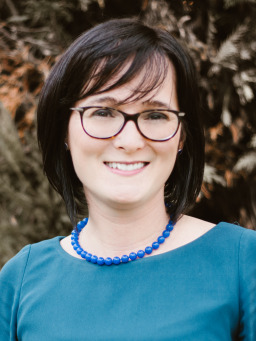
I am Associate Professor in Orbital Mechanics at Politecnico di Milano and Principal Investigator of the COMPASS project. Before that I was Associate Professor and Lecturer in Spacecraft Engineering at the University of Southampton in the Astronautics Research Group till Jul 2016. My research areas spaces among orbital dynamics, trajectory design and optimisation, dynamical system analysis and control, and space mission analysis and design. I am delegate for the Inter Agency Debris Coordination Committee and the UN mandated Space Mission Planning Advisory Group for mission to asteroids.
My current research on orbital dynamics, space debris and asteroids was driven by the participation to research projects funded by the European Space Agency on the disposal of spacecraft in Medium Earth Orbit, the study of the effect of a spacecraft fragmentation in Low Earth Orbit and Geostationary orbit and the design of novel strategies for disposing the spacecraft orbiting in Highly Elliptical Orbits or at Libration Point Orbits. A study on the motion in vicinity of asteroids and ways to manipulate their orbits was also funded by the European Space Agency in the framework of the General Study Program.
In 2013, I have been awarded a personal Intra-European Marie Curie grant from the European Commission within the Framework Program 7. This grant funded my two-year position as Marie Curie Fellow at Politecnico di Milano (Italy) on the project “Space Debris Evolution, Collision risk, and Mitigation” (SpaceDebECM).
During my previous experience as Research Fellow at the Advanced Space Concepts Laboratory at the University of Strathclyde (UK), between 2009 and 2012, I have led the development of the research theme on the orbital dynamics of micro-scale spacecraft (within a project funded by the European Research Council).
I gained a Master degree in Aerospace Engineering from Politecnico di Milano (Italy) in 2005 and a PhD in Aerospace Engineering from the University of Glasgow (UK) in 2010, with a thesis on “Optimal Trajectory Design for Interception and Deflection of Near Earth Objects” funded by the EPSRC on “Optimal Interception and Deviation of Potentially Hazardous Near Earth Objects”.
